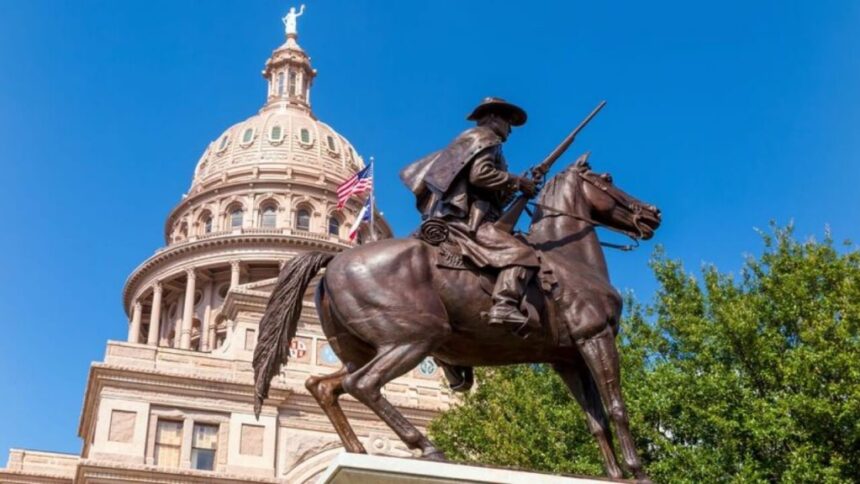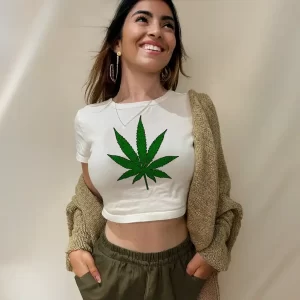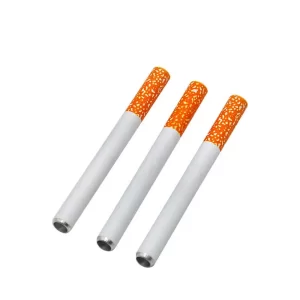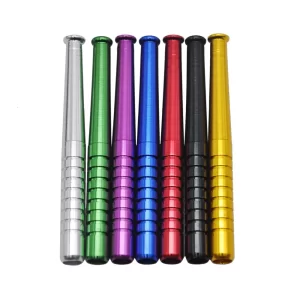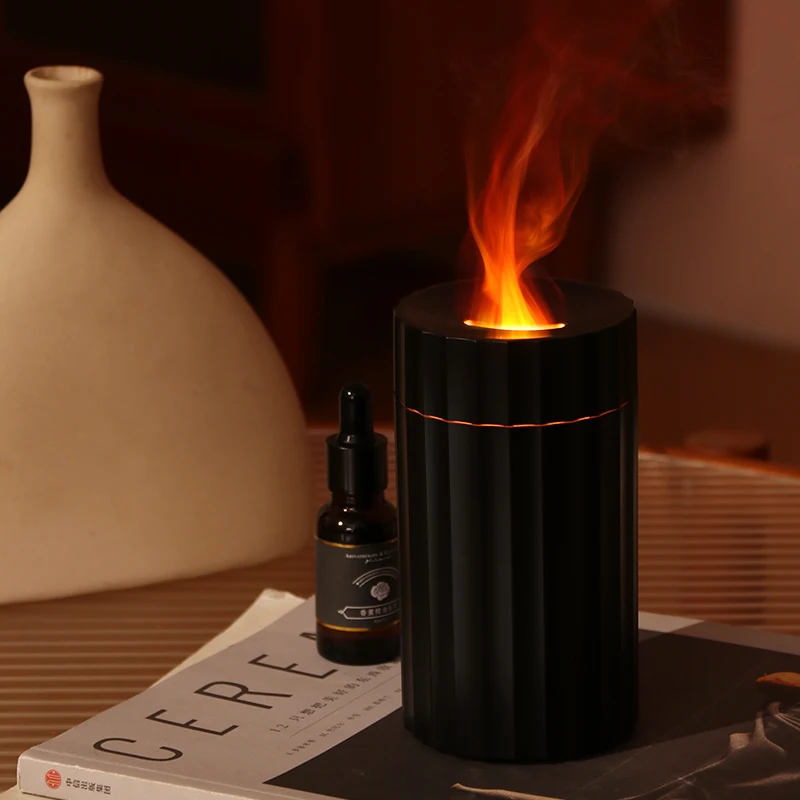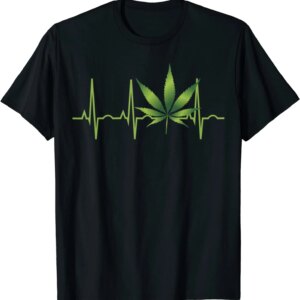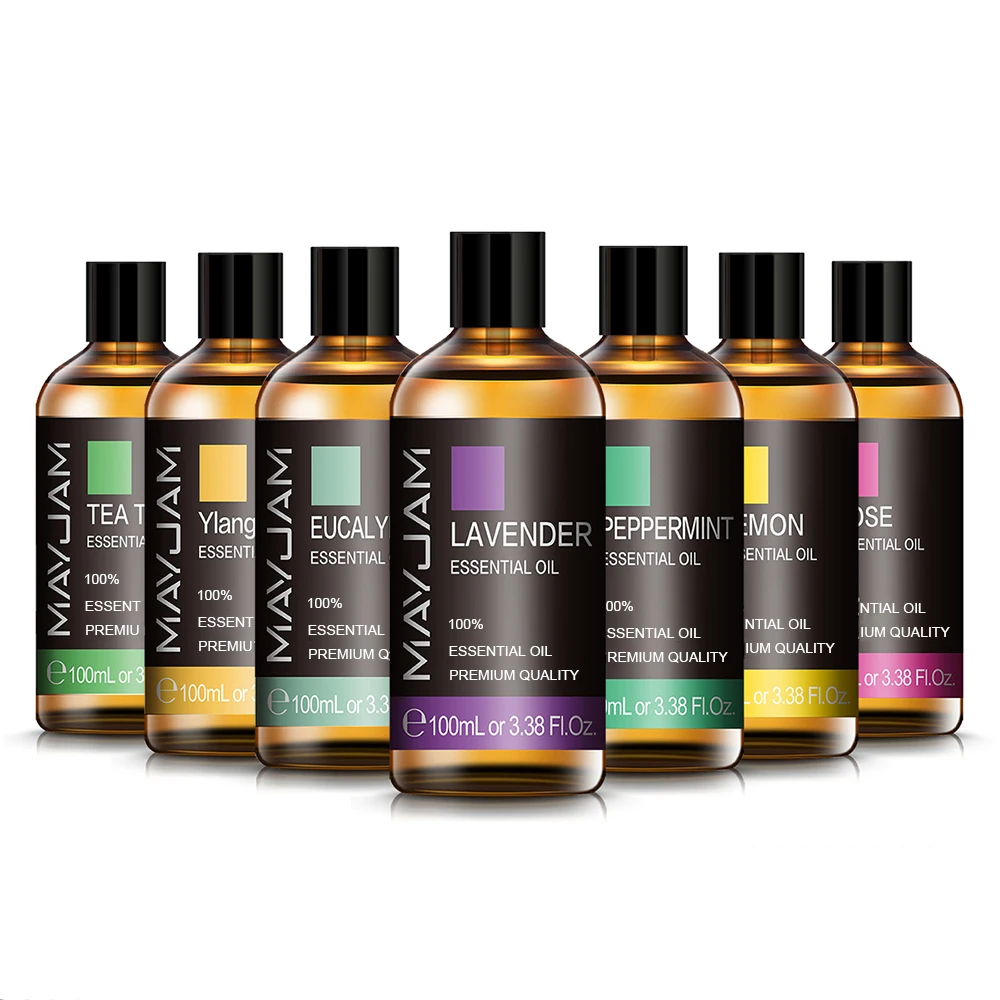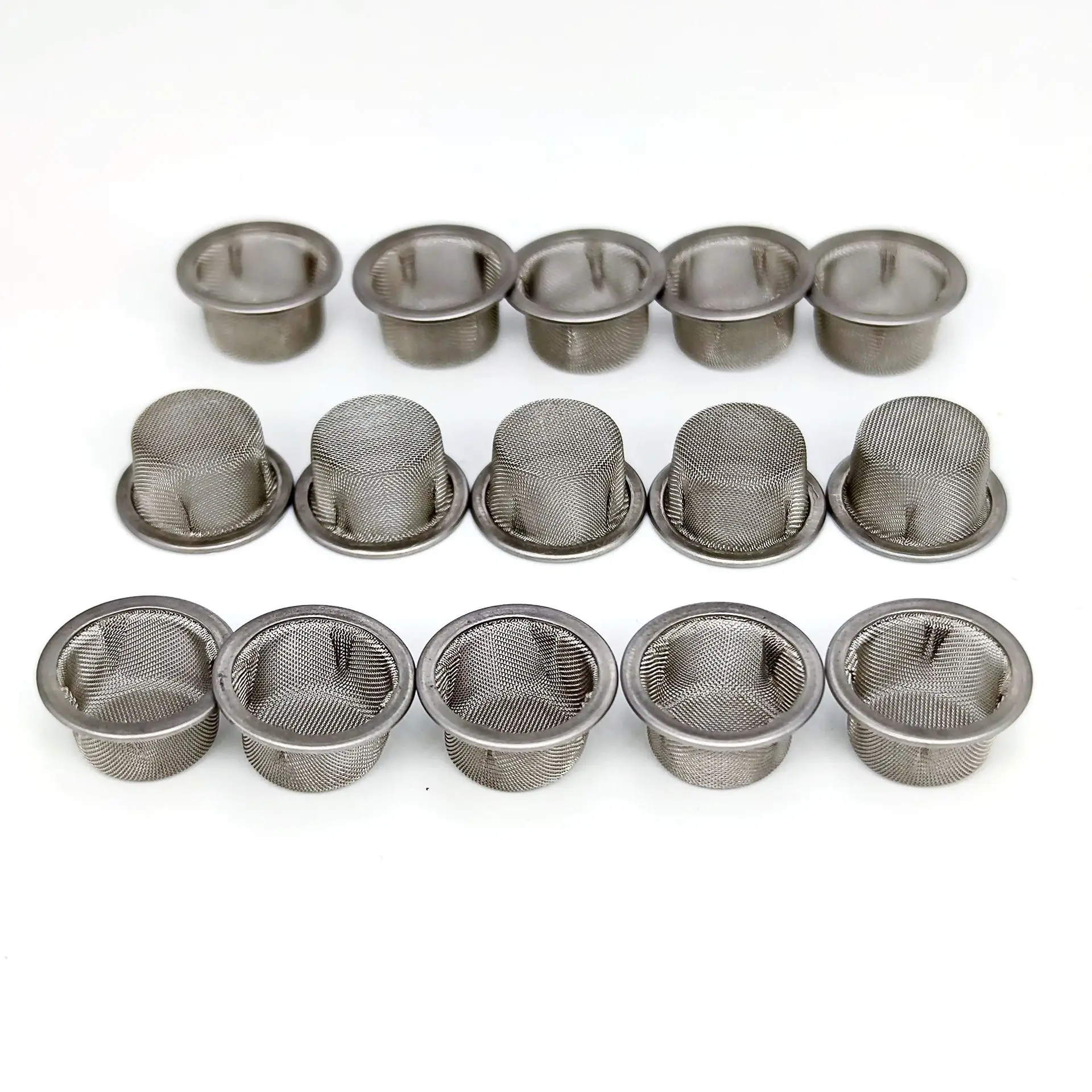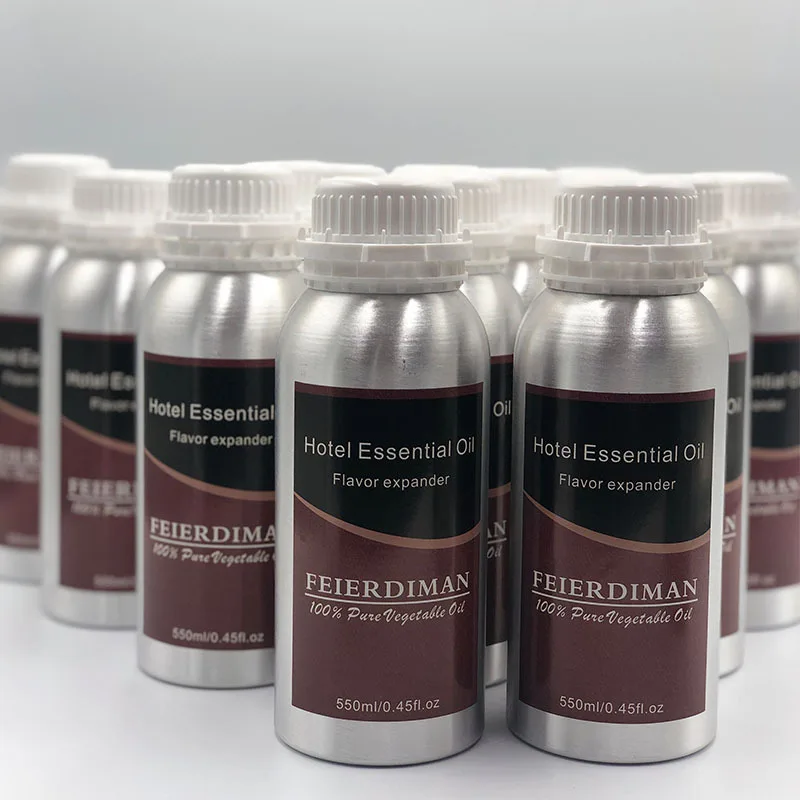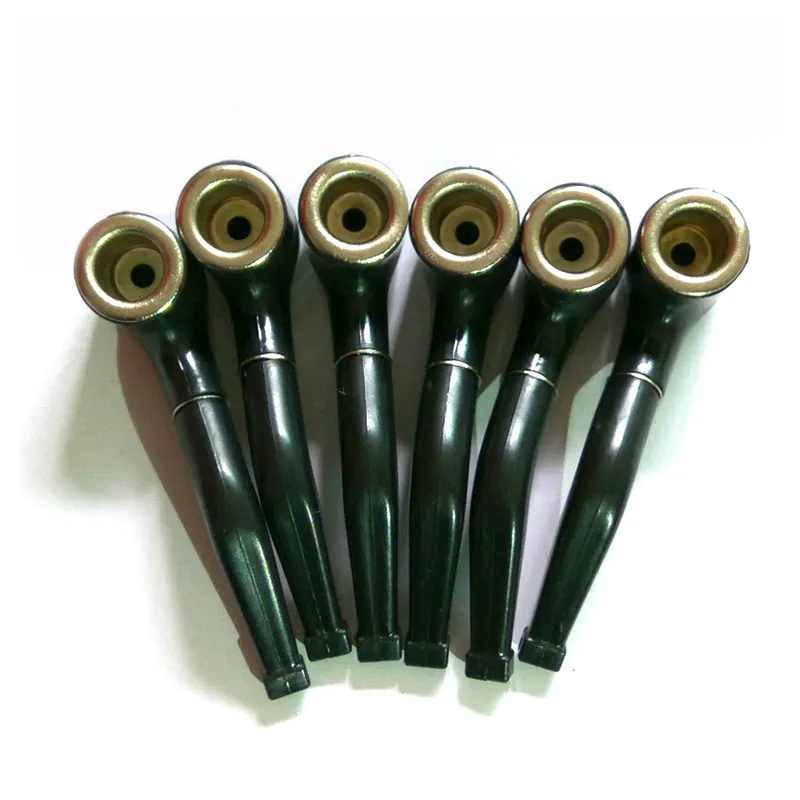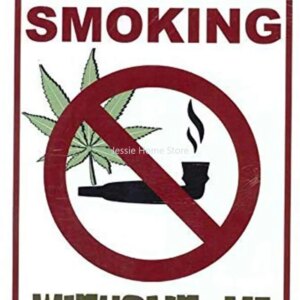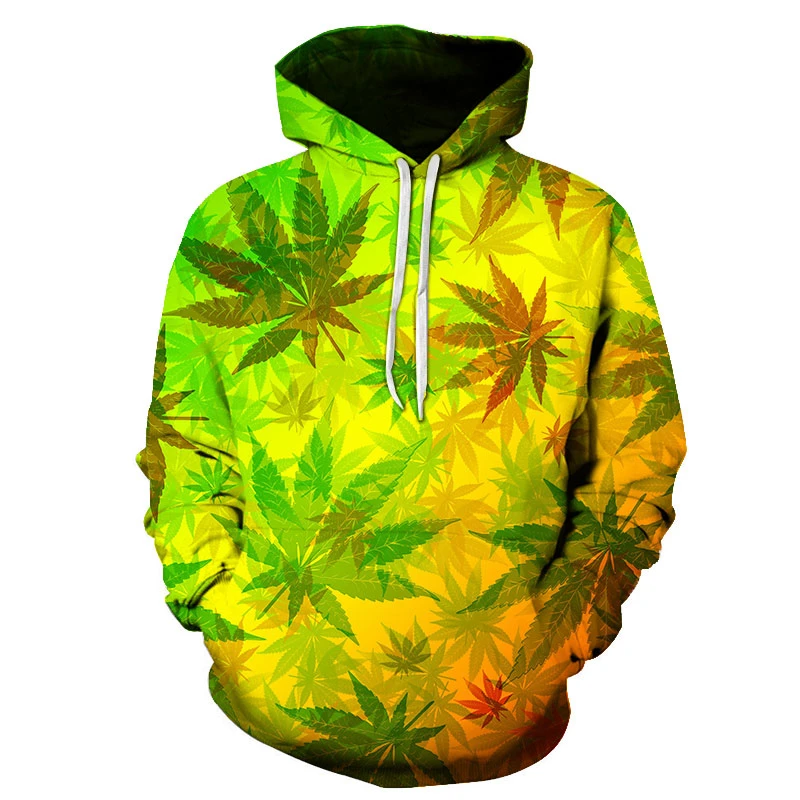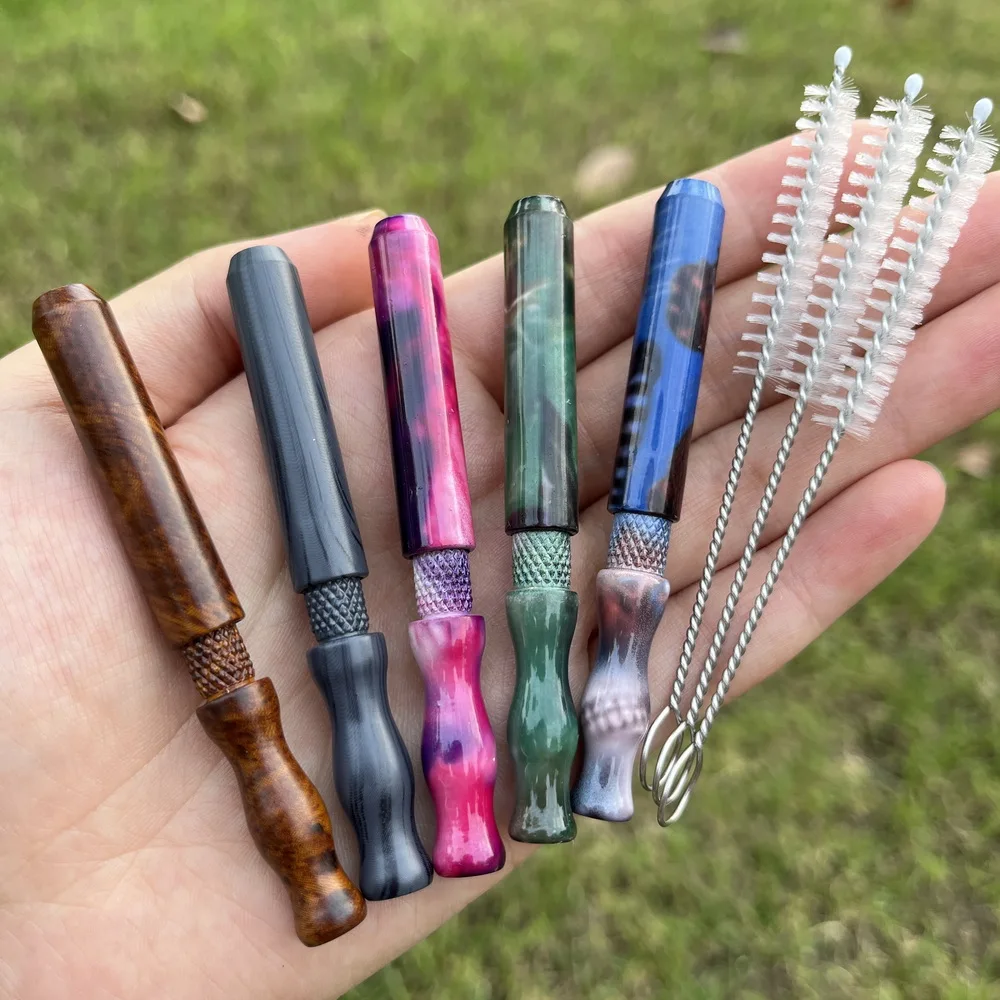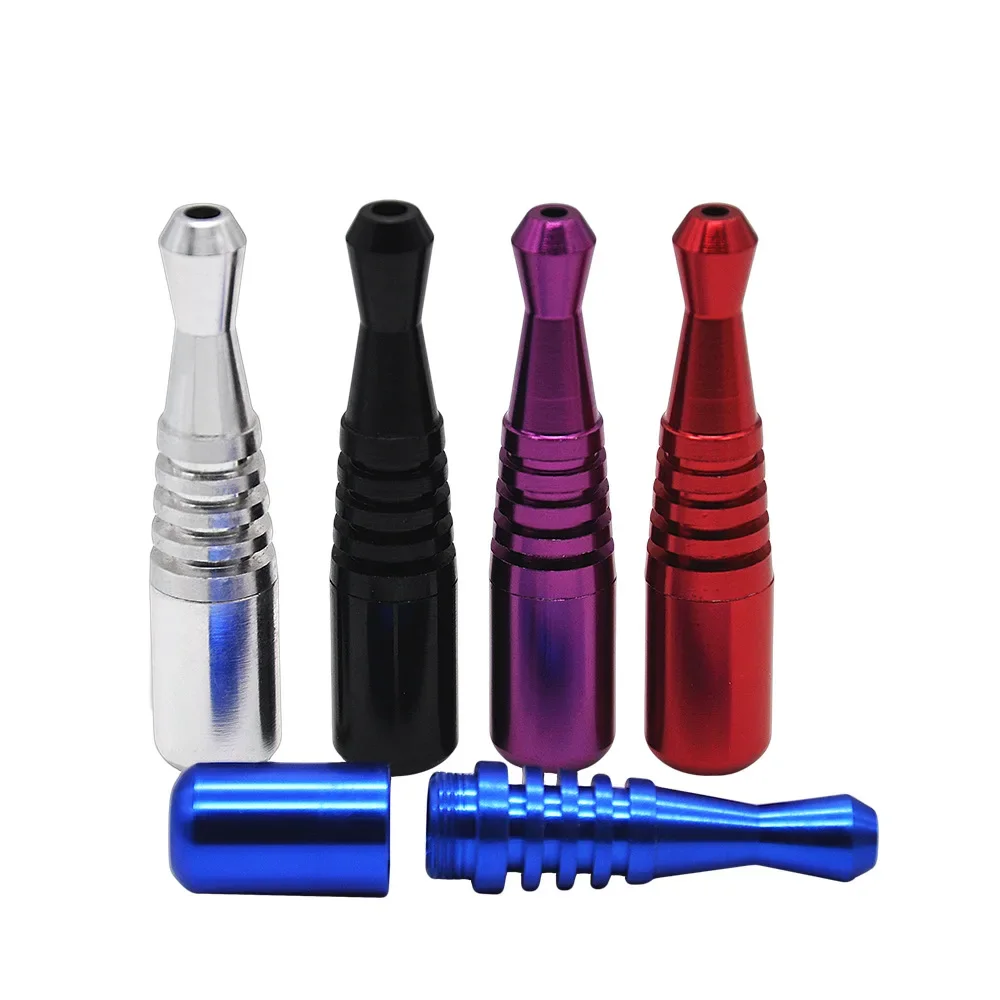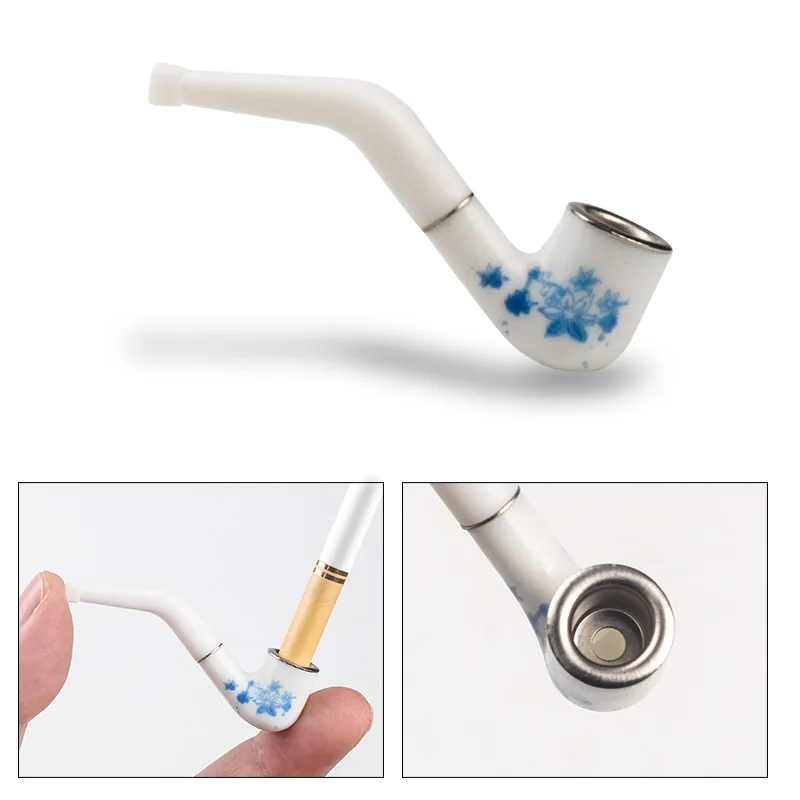The Texas Senate has signed off on legislation that would impose a sweeping ban on most consumable hemp in the state, criminally outlawing products containing any detectable amount of THC as well as any other cannabinoid except CBD and CBG.
Senators voted 20-9 to approve the bill, SB 5, on second reading on Wednesday as part of a special legislative session. It is expected that a third reading vote to formally send the legislation to the House of Representatives will happen soon.
The move comes despite the governor’s veto of a similar measure during this year’s regular session.
Under the current proposal, consumable hemp products with any amount of THC would be illegal. Even mere possession would be punishable as a Class B misdemeanor, carrying up to 180 days in jail and a $2,000 fine. Only products with two specific cannabinoids—CBD and CBG—would be allowed under the Senate proposal.
“The ability to regulate this is not doable,” Sen. Charles Perry (R), the bill’s lead sponsor, said on the Senate floor ahead of the vote. He accused product manufacturers of finding loopholes to claim that intoxicating products are legal under federal hemp laws.
He said CBD and CBG would be legal under the proposal “because the molecular makeup of those two cannabinoids show no psychotropic effect.”
Some senators said they’d prefer to see products regulated rather than banned, however.
“I think we could do something that would limit access to these products to people 21 and older who understand—maybe through mandatory testing of the products—understand what they’re getting,” said Sen. José Menéndez (R).
But Perry disagreed, saying that people who would benefit from THC and other cannabinoids should instead access products through the state’s limited medical marijuana program, the Texas Compassionate Use Program (TCUP).
“If you regulate an illegal substance today,” he said, “it just gives it credit and legitimacy that it didn’t have before.”
Prior to approving the bill on Wednesday, the Senate adopted an amendment from Perry clarifying that legal, non-psychotropic CBD and CBG products could be delivered by courier or mail.
Identical hemp ban legislation to the original version of SB 5 was introduced in the House earlier this week by Rep. Gary VanDeaver (R), who chairs the House Committee on Public Health. That committee is expected to be the first stop for the new measure, HB 5, during the legislature’s ongoing special session.
Separately, at a press conference on Wednesday morning, a group of Democratic state senators introduced two new cannabis-related bills, including one that would regulate the hemp market, allowing adults 21 and older to purchase hemp products containing no more than 5 mg of THC per serving.
A second new bill would effectively legalize cannabis for adult use by removing criminal penalties for possession of up to two ounces of marijuana on a person and up to 10 ounces in a single household if it’s secure and out of sight. Cultivation of up to six plants, only half of which could be mature, would also be legalized.
As for the proposed hemp product ban approved by the Senate, Texas Gov. Greg Abbott vetoed similar legislation, SB 3, during this year’s regular session, saying he thought cannabinoids broadly should be regulated, not banned. Ahead of the special legislative session, he then specifically asked lawmakers to prioritize hemp regulatory issues, reiterating his opposition to enacting a blanket prohibition on hemp products—which he called “a lawful agricultural commodity—”and calling on the legislature to make two chief reforms.
One of the governor’s requests was that lawmakers pass legislation “making it a crime to provide hemp-derived products to children under 21 years of age.” Another sought a measure “to comprehensively regulate hemp-derived products, including limiting potency, restricting synthetically modified compounds, and establishing enforcement mechanisms, all without banning a lawful agricultural commodity.”
Some advocates are hopeful that either SB 5 or its House counterpart could see revisions as they make their way through the legislative process—either to affirmatively regulate the hemp market or to at least ease some of the criminal penalties on individuals found in possession of the affected products.
Heather Fazio, director of the advocacy group Texas Cannabis Policy Center, urged supporters in an email this week to reach out to their representatives and call for changes.
“It is my hope,” she wrote, “that HB 5 will be re-worked to regulate THC and eliminate criminal penalties for possession.”
After senators’ vote on Wednesday, she said that “rather than addressing the issue with facts, science, and sound public policy, the Senate has chosen to defy the clear directive of the governor’s special session call, which is to regulate these products, not ban them outright.”
(Disclosure: Fazio supports Marijuana Moment’s work via a monthly Patreon pledge.)
On Tuesday, HB 5 sponsor VanDeaver sent a letter to the committee describing the bill in its current form as “a starting point,” suggesting future changes would be made based on feedback to the proposal.
“We will hear many hours of testimony and allow that testimony to inform our future direction and decisions,” VanDeaver wrote in the letter, first reported by The Texan reporter Brad Johnson.
As the ban legislation advances, Abbott has continued his call for a compromise that would allow small amounts of THC in hemp products.
“We want to make sure adults still have the liberty to be able to have access to non-intoxicating hemp-based products,” Abbott said in an interview with The Texan last week, adding that “as long as
“I’m not in favor of a total ban,” he said, adding that he does support restrictions on synthetic cannabinoids and youth access to hemp products.
“I am, to be clear, in favor of a ban for those under the age of 21,” the governor explained. “I am in favor of a ban of any type of synthetic that can be added to these products that would make the product more dangerous. I am in favor of a ban of any hemp-based product that reaches an intoxication level, and that is more than three milligrams of THC.”
As Abbott has done in other interviews around the hemp bill, he again gave a somewhat confusing explanation of what he views as allowable THC limits in hemp, variously saying there should be a “three percent” or “three milligram” cap, which is a meaningful difference.
He said in a separate recent interview with FOX 4 that “every law enforcement official I’ve talked to has said the same thing, and that is, they don’t have the resources to regulate it,” but added that “If they’re measuring the hemp product not based upon the current methodology, 0.3 percent THC, but on the milligram basis, it’s a whole lot easier to be able to measure it.”
At a Senate committee hearing on SB 5 last week, where members unanimously advanced the bill, most law enforcement speakers said they supported an all-out ban on hemp products containing any THC rather than attempts at regulation. Some later added, however, that they felt the state’s limited medical marijuana program, known as the Texas Compassionate Use Program (TCUP), should be expanded to ease access by patients—especially military veterans—who could benefit from therapeutic cannabis.
Notably, Abbott in June signed a bill into law that expanded the state’s list of medical cannabis qualifying conditions, adding chronic pain, traumatic brain injury (TBI), Crohn’s disease and other inflammatory bowel diseases, while also allowing end-of-life patients in palliative or hospice care to use marijuana.
SB 5 and companion HB 5 are among a small handful of bills introduced for the new special session to address consumable hemp products.
Among other proposals are measures to require extensive product warning labels and limit how hemp products are packaged.
Two other newly introduced bills are HB 160 from Rep. Charlene Ward Johnson (D) and SB 39 from Sen. Judith Zaffirini (D).
The former would require a number of warning labels to be carried on hemp products with any more than trace amounts of THC, cautioning that the products can cause “cannabis poisoning that can be life-threatening to children,” harm brain development in youth, increase “risk of mental disorders like psychosis and schizophrenia” and lead to anxiety, depression and substance abuse disorders.
SB 39, meanwhile, would prohibit hemp products from being packaged or marketed “in a manner attractive to children,” limiting packaging shaped like humans, animals, fruit, cartoons or “another shape that is attractive to minors” as well as packaging that looks similar to legal products already marketed to children, for example candy or juice. It would also outlaw misleading product packaging. Violations would be a Class A misdemeanor, carrying up to a year in jail and a $4,000 fine.
Separately, last week Rep. Nicole Collier (D) introduced a one-page bill, HB 42, designed to protect consumers in the state from criminal charges if what they believed was a legal hemp product turned out to contain excessive amounts of THC, making it illegal marijuana. It would prevent the criminalization of someone found in possession of a product that’s labeled as hemp but is determined to contain “a controlled substance or marihuana.”
In order for the person to obtain the legal protection, the product would need to have been purchased “from a retailer the person reasonably believed was authorized to sell a consumable hemp product.”
Another bill—HB 195, introduced on Thursday by Rep. Jessica González (D)—would legalize marijuana for people 21 and older, allowing possession of up to 2.5 ounces of cannabis, with no more than 15 grams of that amount being in concentrated form.
Yet another proposal would order state officials to conduct a study on testing for THC intoxication.
As for what Texans themselves want to see from their representatives, proponents of reining in the largely unregulated intoxicating hemp industry in Texas shared new polling data on Wednesday indicating that majorities of respondents from both major political parties support outlawing synthetic cannabinoids, such as delta-8 THC.
The survey also found that respondents would rather obtain therapeutic cannabis products through a state-licensed medical marijuana program than from a “smoke shop selling unregulated and untested hemp.”
Ahead of the governor’s veto last month of SB 3—the earlier hemp product ban—advocates and stakeholders had delivered more than 100,000 petition signatures asking Abbott to reject the measure. Critics argued that the industry—which employs an estimated 53,000 people—would be decimated if the measure became law.





